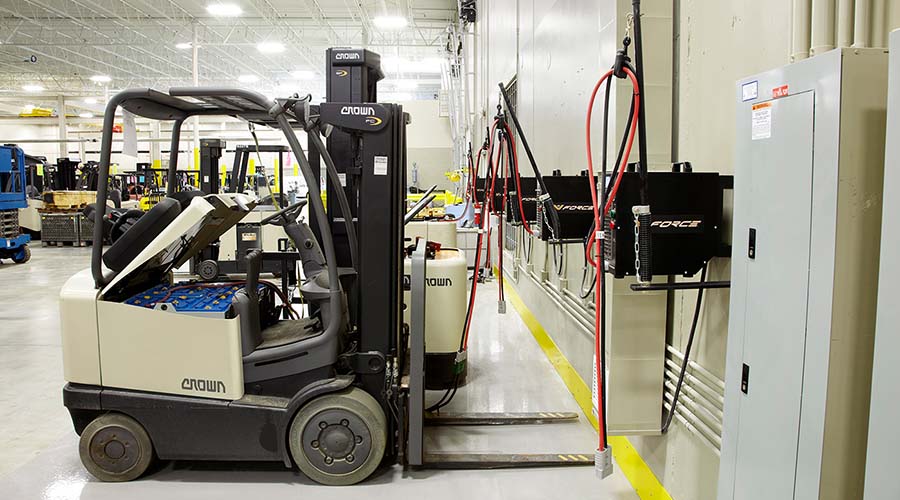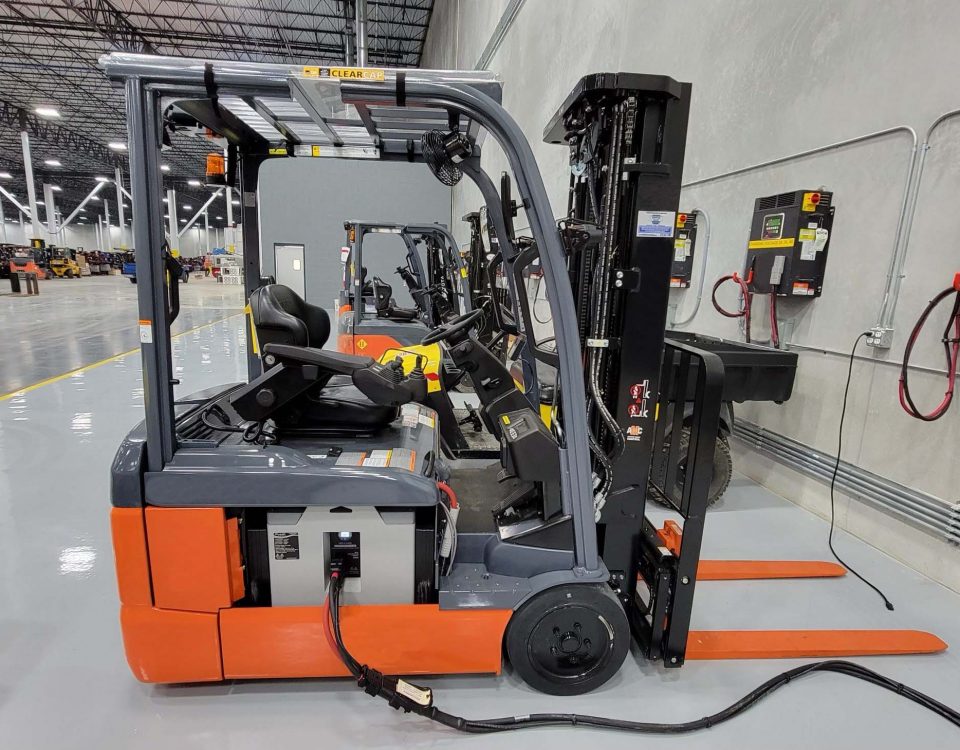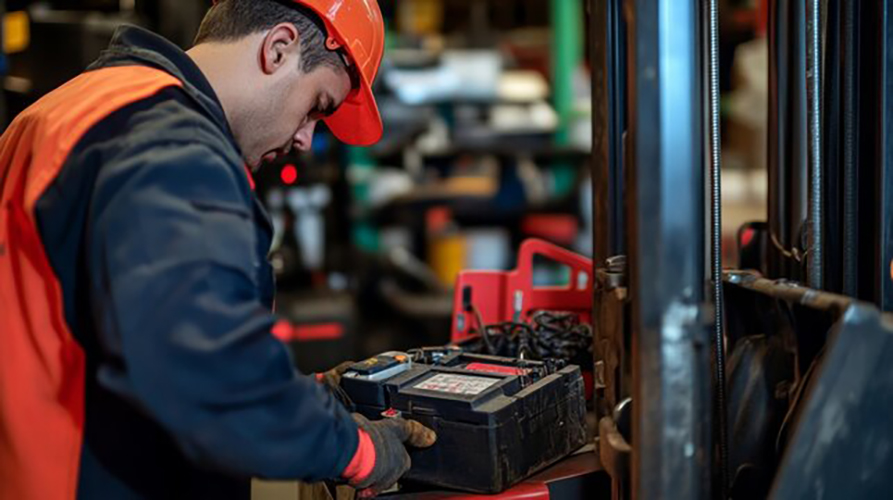As the demand for electric-powered forklifts continues to rise, understanding who can charge and change their batteries is crucial for safety, efficiency, and longevity of these vital pieces of equipment. Electric forklifts are a popular choice for warehouses and manufacturing facilities due to their environmentally friendly operation and lower maintenance costs. However, the proper handling of their batteries is essential to maximize their performance and lifespan.
Understanding Electric Forklift Batteries
Electric forklifts typically use lead-acid or lithium-ion batteries. Lead-acid batteries are more common, particularly in older models, while lithium-ion batteries are increasingly favored for their lighter weight, longer lifespan, and faster charging times. Regardless of the type, proper charging and maintenance are key to ensuring that these batteries perform optimally.
Who Can Charge Electric Forklift Batteries?
Charging electric forklift batteries is not just a simple plug-and-play task. It involves safety precautions, technical knowledge, and specific training. Here’s a breakdown of who can safely charge these batteries:
-
Trained Personnel: Only individuals who have received specific training on the forklift battery and charging system should handle the charging process. This training often covers safety protocols, understanding the battery's specifications, and recognizing potential hazards.
-
Certified Electricians: In some facilities, certified electricians are tasked with charging and changing batteries. Their expertise ensures that all electrical connections are made safely and that the battery systems are functioning properly.
-
Forklift Operators: In many cases, forklift operators are trained not only to operate the equipment but also to charge and change the batteries. This dual role helps streamline operations, particularly in busy environments where downtime needs to be minimized.
-
Maintenance Technicians: Facilities often employ maintenance technicians who specialize in electric equipment. These technicians typically have the training needed to safely change and charge batteries, perform routine checks, and troubleshoot any issues that may arise.
Safety Precautions for Charging Batteries
Charging electric forklift batteries involves several safety considerations:
-
Proper Ventilation: Charging should be done in a well-ventilated area to prevent the buildup of hydrogen gas, which can be produced during the charging process.
-
Use of Personal Protective Equipment (PPE): Operators and technicians should wear appropriate PPE, including gloves and safety goggles, to protect themselves from potential acid spills or electrical hazards.
-
Following Manufacturer Guidelines: Always adhere to the manufacturer’s instructions for charging and maintenance. This ensures compatibility and safety for the specific battery type.
-
Regular Inspections: Regularly inspecting battery terminals, cables, and connections can help prevent accidents and ensure efficient charging.
Changing Batteries in Electric Forklifts
Changing a battery in an electric forklift is a task that should also be performed by trained personnel. Here’s who typically handles this process:
-
Designated Battery Technicians: Many facilities designate specific technicians who are responsible for battery management. These individuals have specialized training in handling and replacing batteries safely.
-
Forklift Operators with Training: Similar to charging, operators may also be trained to change batteries, particularly in environments where quick battery swaps are necessary to keep operations running smoothly.
-
Maintenance Teams: Maintenance teams, especially those specializing in electric equipment, are often responsible for changing batteries. Their training equips them with the knowledge to handle the task safely.
Importance of Proper Battery Management
Proper battery management is critical for several reasons:
-
Efficiency: Well-maintained batteries operate more efficiently, reducing energy consumption and costs.
-
Safety: Proper training and procedures minimize the risk of accidents and injuries associated with battery handling.
-
Longevity: Regular maintenance, charging, and timely battery changes can significantly extend the lifespan of the battery, resulting in cost savings over time.
The Role of Technology in Battery Management
Modern technology plays an essential role in the management of electric forklift batteries. Many forklifts are now equipped with smart charging systems that optimize charging cycles and monitor battery health. This technology helps ensure that batteries are charged correctly and reduces the risk of overcharging, which can lead to battery damage.
Richye: Your Trusted Lithium Battery Manufacturer
When it comes to reliable battery solutions, Richye stands out as a professional lithium battery manufacturer. With a wide range of battery models, Richye is known for its exceptional quality, performance, safety, and competitive pricing. Their commitment to excellence makes them a trusted partner for businesses needing dependable battery systems for electric forklifts and other applications. For inquiries and collaboration, feel free to reach out to Richye for more information.
Conclusion
In summary, charging and changing batteries in electric-powered forklifts is a task that requires trained personnel, strict adherence to safety protocols, and a good understanding of the technology involved. By ensuring that the right individuals are responsible for these tasks, businesses can maximize the efficiency and safety of their operations. As electric forklifts become more prevalent, proper battery management will continue to play a critical role in the success of warehouse and manufacturing operations. Investing in training and adhering to safety guidelines is not just a good practice; it’s essential for operational excellence in today’s competitive market.




